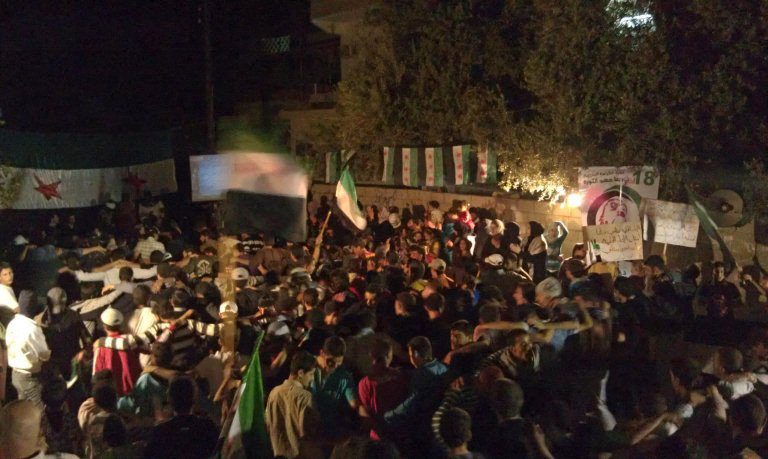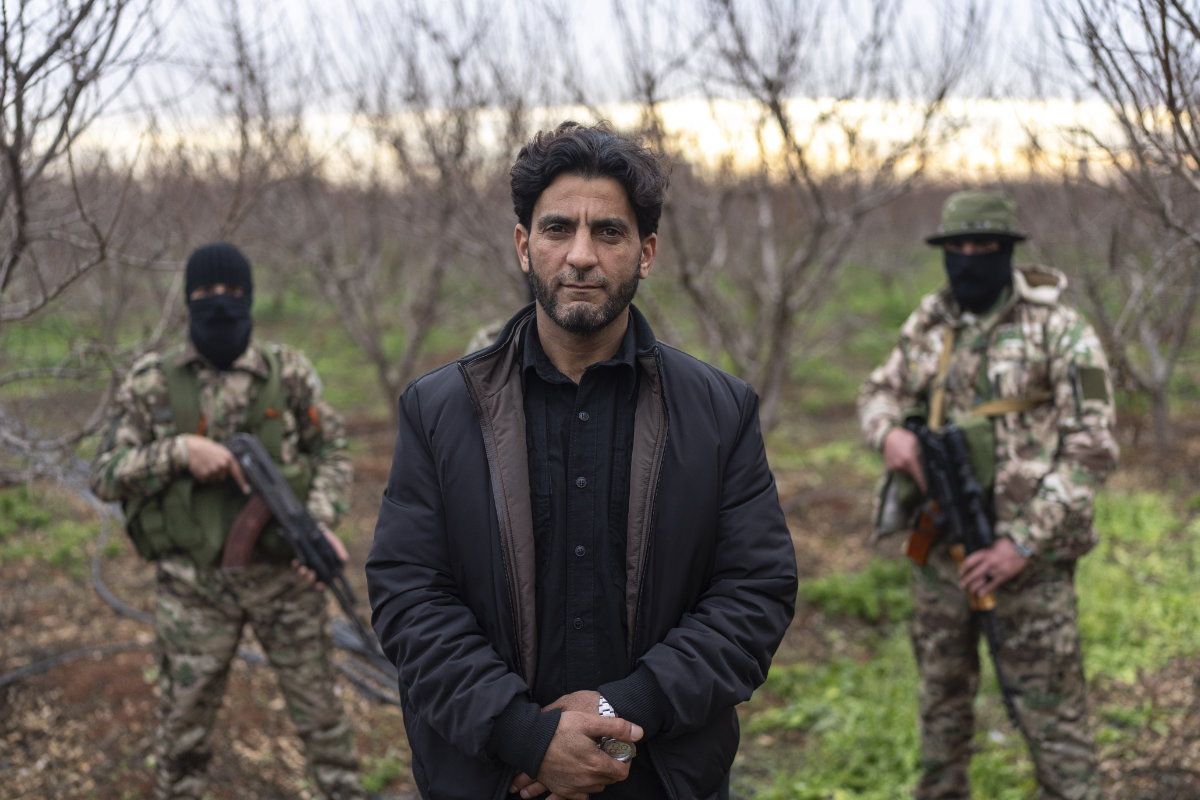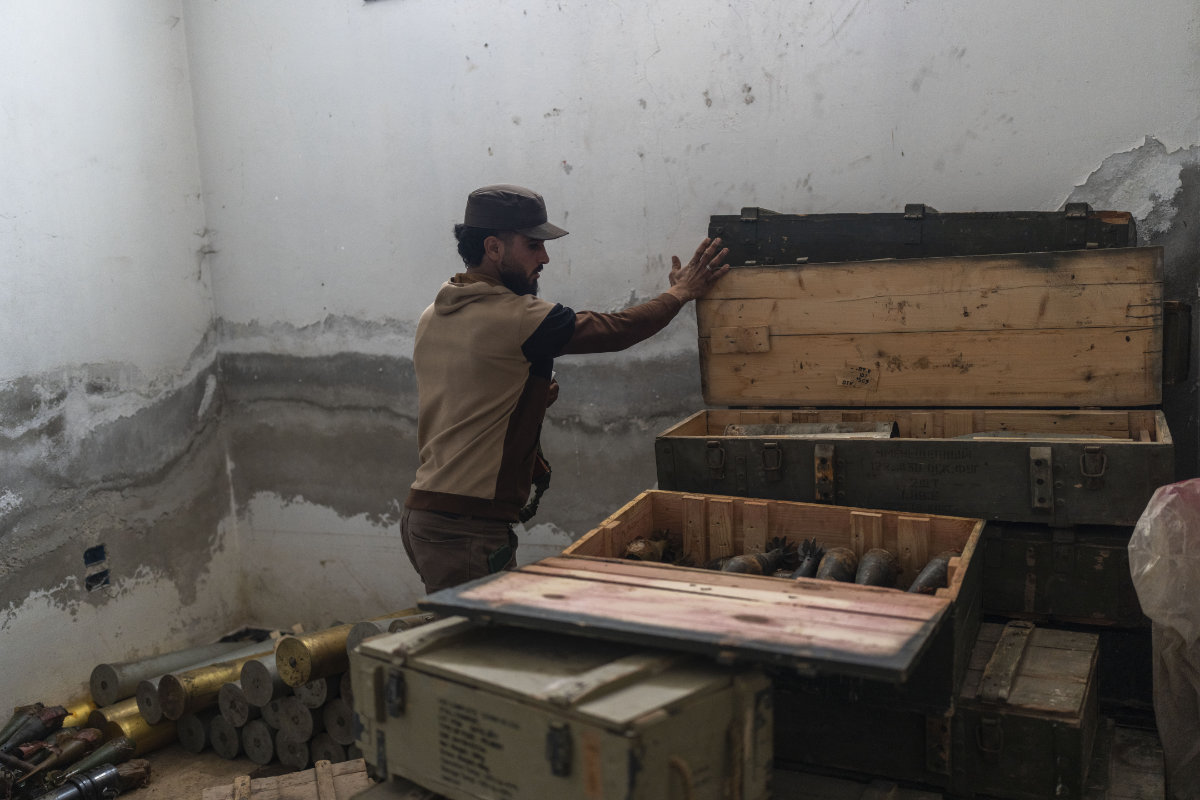DUBAI: The assassination of Hamas leader Ismail Haniyeh in the early hours of Wednesday morning in Iran drew regional and global reactions, raising fears of wider escalation in a region shaken by Israel’s war in Gaza and a worsening conflict in Lebanon.
Hamas said that Haniyeh was killed in an Israeli strike in Iran, where he was attending the inauguration of the country’s new president.
Israel itself did not immediately comment but it often doesn’t when it comes to assassinations carried out by their Mossad intelligence agency.
Secretary of State Antony Blinken said that the United States was “not aware of or involved in” the killing of Haniyeh in Iran.
“I can't tell you what this means. I can tell you that the imperative of getting a ceasefire, the importance that that has for everyone, remains,” Blinken said, according to a transcript shared by his staff from an interview with Channel News Asia in Singapore.
However, Iran said that the United States bears responsibility in the assassination of Haniyeh because of its support for Israel.
Attack risks to escalate regional fighting
Iran's Supreme Leader Ayatollah Ali Khamenei has vowed revenge on Israel over the killing of Hamas' political chief, saying Israel “prepared a harsh punishment for itself.”
“We consider his revenge as our duty” in a statement on his official website, saying Haniyeh was “a dear guest in our home.” Iran also declared three days of mourning following the killing of the Hamas chief.
Senior Hamas official Sami Abu Zuhri told Reuters: “This assassination by the Israeli occupation of Brother Haniyeh is a grave escalation that aims to break the will of Hamas.”
He said that Hamas would continue the path it was following, adding: “We are confident of victory.”
Hamas senior official Moussa Abu Marzouk, meanwhile, said that Haniyeh’s assassination will not go unanswered, Iran’s state-run IRNA news agency reported Wednesday. He also called the assassination a cowardly act.
Palestinian President Mahmoud Abbas condemned the killing of Haniyeh, and Palestinian factions in the occupied West Bank called for a general strike and mass demonstrations.
Russia on Wednesday denounced the killing of Haniyeh as an “unacceptable political assassination.”
“It is a completely unacceptable political assassination, and this will lead to a further escalation of tensions,” Russian Deputy Minister of Foreign Affairs Mikhail Bogdanov told the state-run RIA Novosti news agency.
Konstantin Kosachev, the vice president of Russia’s upper house Federation Council, said that he expected a “sudden escalation of mutual hatred in the Near East.”
“The most difficult period of confrontations is beginning in the region,” he wrote on Telegram.
On Haniyeh’s death, China’s foreign ministry said that China opposes and condemns the act of “assassination.”
Turkish President Recep Tayyip Erdogan condemned the “perfidious assassination” in Tehran of his close ally and “brother” Haniyeh.
“May God have mercy on my brother Ismail Haniyeh, fallen in martyrdom after this odious attack,” Erdogan wrote on the X social media platform, denouncing “Zionist barbarity.”
“This shameful act aims to sabotage the Palestinian cause, the glorious Gazan resistance and our Palestinian brothers' just fight, and to intimidate Palestinians,” Erdogan added.
Qatar and Egypt say assassinations damage Gaza truce chances
Qatar strongly condemned the assassination of Haniyeh considering it a heinous crime, “a dangerous escalation, and a flagrant violation of international and humanitarian law.”
Qatar’s Ministry of Foreign Affairs stressed in a statement that “the assassination and reckless targeting of civilians will lead the region into chaos and undermine the chances of peace.”
Egypt said that Israeli escalation indicated a lack of political will from Israel for de-escalation, after the killing of Haniyeh.
A statement from the Egyptian Foreign Ministry said this escalation, along with making no progress in Gaza ceasefire talks, was complicating the situation.
Iraq's foreign ministry in a statement described the killing as a “flagrant violation of international law and a threat to security and stability in the region.”
Iran-backed groups condemn Haniyeh killing
Iran's powerful Revolutionary Guards military force confirmed the death of Haniyeh and said in a statement that “Iran and the resistance front will respond to this crime," employing a term Tehran uses to refer to allied militant groups across the Middle East.
Yemen’s Iran-backed militant Houthi group called Haniyeh’s killing a “heinous terrorist crime”.
“Targeting him is a heinous terrorist crime and a flagrant violation of laws and ideal values,” Mohammed Ali al-Houthi, a member of the Huthis' political bureau, posted on X.
The Yemeni rebels have been launching drones and missiles at shipping in the Red Sea since November, saying that they are acting in solidarity with Palestinians during the Gaza war.
Lebanon’s armed group Hezbollah issued its condolences on Wednesday but did not specifically accuse Israel. It said that Haniyeh’s killing would make Iran-aligned groups, such as Hezbollah and Hamas, more determined to confront Israel.
Iraqi armed faction Kataib Hezbollah, part of a pro-Iran alliance of armed groups, said the Israeli killing of Haniyeh in Tehran “broke all rules of engagement,” in a statement on its official Telegram account on Wednesday.


























